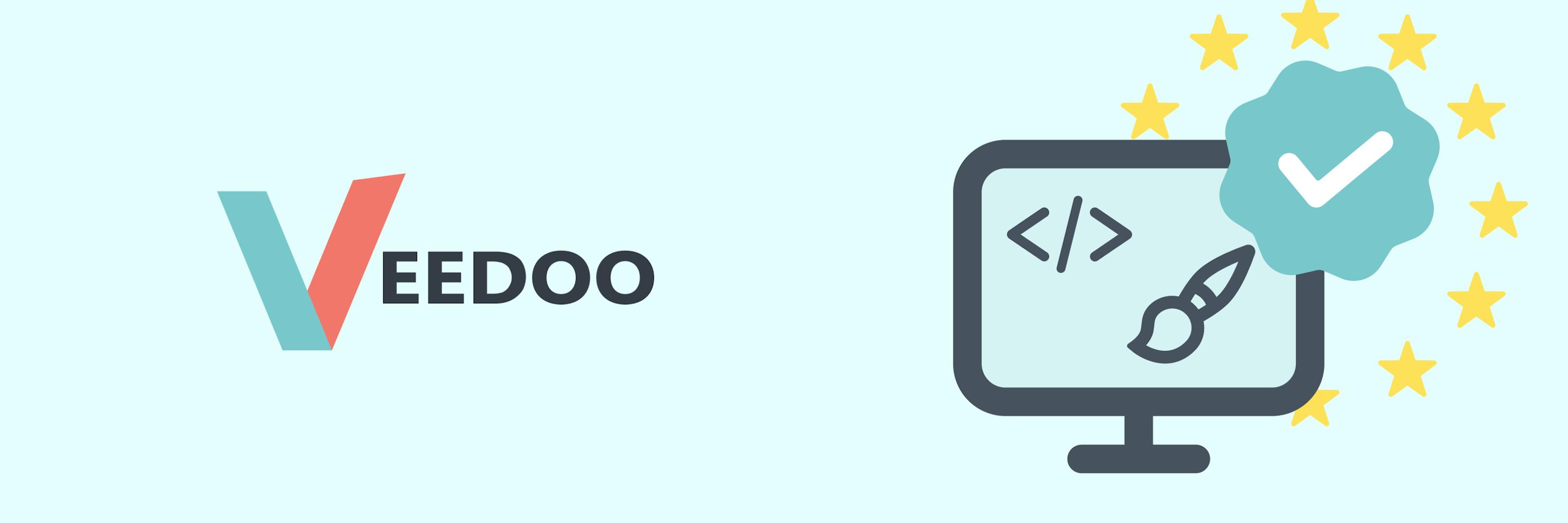Having a web presence is crucial for the success of any project, especially those backed by the European Union. For project officers, communications officers, and other non-technical staff involved in EU-funded projects, it's vital to understand the legal and regulatory landscape that governs these digital platforms. This article aims to demystify the complexities and provide a clear guide to ensuring your website not only shines but also complies with EU regulations.

Understanding the Basics
At its core, compliance for EU-funded websites revolves around several key regulations and standards. These include the General Data Protection Regulation (GDPR), Accessibility Acts, and specific directives related to digital services. Navigating these rules might seem daunting, but with the right approach, it's entirely manageable.
GDPR: Protecting Personal Data
The GDPR is perhaps the most well-known regulation, emphasizing the protection of personal data for individuals within the EU. For your website, this means implementing robust privacy policies, obtaining explicit consent from users before collecting their data, and ensuring the data is securely stored and processed. Remember, transparency is key. Users should always know what data is being collected and for what purpose.
Making Your Website Accessible to All
The EU Web Accessibility Directive requires that public sector websites and mobile apps are accessible to everyone, including people with disabilities. This means designing your site so that it can be easily navigated and understood by all users, regardless of any physical or cognitive impairments they may have. Implementing features like text-to-speech, alt text for images, and ensuring your site is navigable through keyboard-only commands are just a few ways to make your site more accessible.

Contact us today for a free consultation
Discover how we can bring your vision to life while ensuring full compliance and security. Let's make your next project a success together!
Let's start!
Adhering to Digital Services Acts
The Digital Services Act (DSA) and the Digital Markets Act (DMA) are newer additions to the regulatory framework, aiming to create a safer digital space that protects user rights online. While primarily targeting large platforms, it's important for EU-funded websites to be aware of these acts, as they emphasize transparency, accountability, and fairness in the digital realm.
Practical Steps for Compliance
Audit Your Website
Conduct an audit to identify any areas where your website may not meet compliance standards. This can involve reviewing your data collection practices, assessing website accessibility, and ensuring your terms of service are up to date.
Educate Your Team
Ensure everyone involved in your project understands the importance of compliance and their role in maintaining it. Regular training sessions can be beneficial.
Implement Necessary Changes
Based on your audit, make the necessary adjustments to your website. This might involve redesigning certain elements for accessibility, updating privacy policies, or improving data protection measures.
Stay Informed
Regulations can evolve, so it's crucial to stay informed about any changes in EU laws that might affect your website. Subscribing to legal updates or working with a compliance consultant can help.
Conclusion
While the regulatory landscape for EU-funded websites can seem intricate, approaching compliance with a structured and informed strategy can demystify the process. Remember, the goal of these regulations is to create a safer, more accessible, and transparent digital environment for all. By adhering to these standards, your project will not only comply with EU regulations but also demonstrate a commitment to digital excellence and user trust.
As project officers, communications officers, and other non-technical staff, your role in navigating these regulations is crucial. By fostering an understanding of these legal requirements and advocating for compliance, you ensure the success and integrity of your EU-funded projects in the digital sphere.

Ready to Elevate Your Next Website or Project?
Whether it's GDPR, accessibility, or digital services regulations, we've got the expertise to ensure your project meets all necessary requirements.
Let's start!
Additional Resources
European Commission's Digital Strategy
The official European Commission website is a treasure trove of information on digital policy, including the Digital Services Act, the Digital Markets Act, and the Web Accessibility Directive. Visit the European Commission's digital strategy section for the latest updates and guidelines.
UK Information Commissioner's Office (ICO)
For comprehensive resources on GDPR, the ICO website is invaluable. It offers detailed guidance, checklists, and tools to help you ensure your website complies with data protection regulations.
W3C Web Accessibility Initiative (WAI)
The WAI provides guidelines, resources, and tools to make your website more accessible, in line with the Web Accessibility Directive. Their resources are essential for understanding and implementing accessibility standards.
European Union Agency for Cybersecurity (ENISA)
ENISA offers guidance and resources on cybersecurity and data protection, helping you ensure your website is secure against online threats, in line with EU regulations.
European Digital SME Alliance
For small and medium-sized enterprises (SMEs), this website offers guidance and resources tailored to the digital sector, including compliance with EU digital laws.
GDPR.eu
This website provides easy-to-understand information and practical advice on GDPR, including templates for data protection policies and consent forms.
By exploring these resources, you can gain a deeper understanding of the regulations affecting EU-funded websites and how to comply with them. Keep in mind that while these sources are reliable, consulting with legal professionals who specialize in EU digital law is also advisable for tailored advice and compliance strategies.












